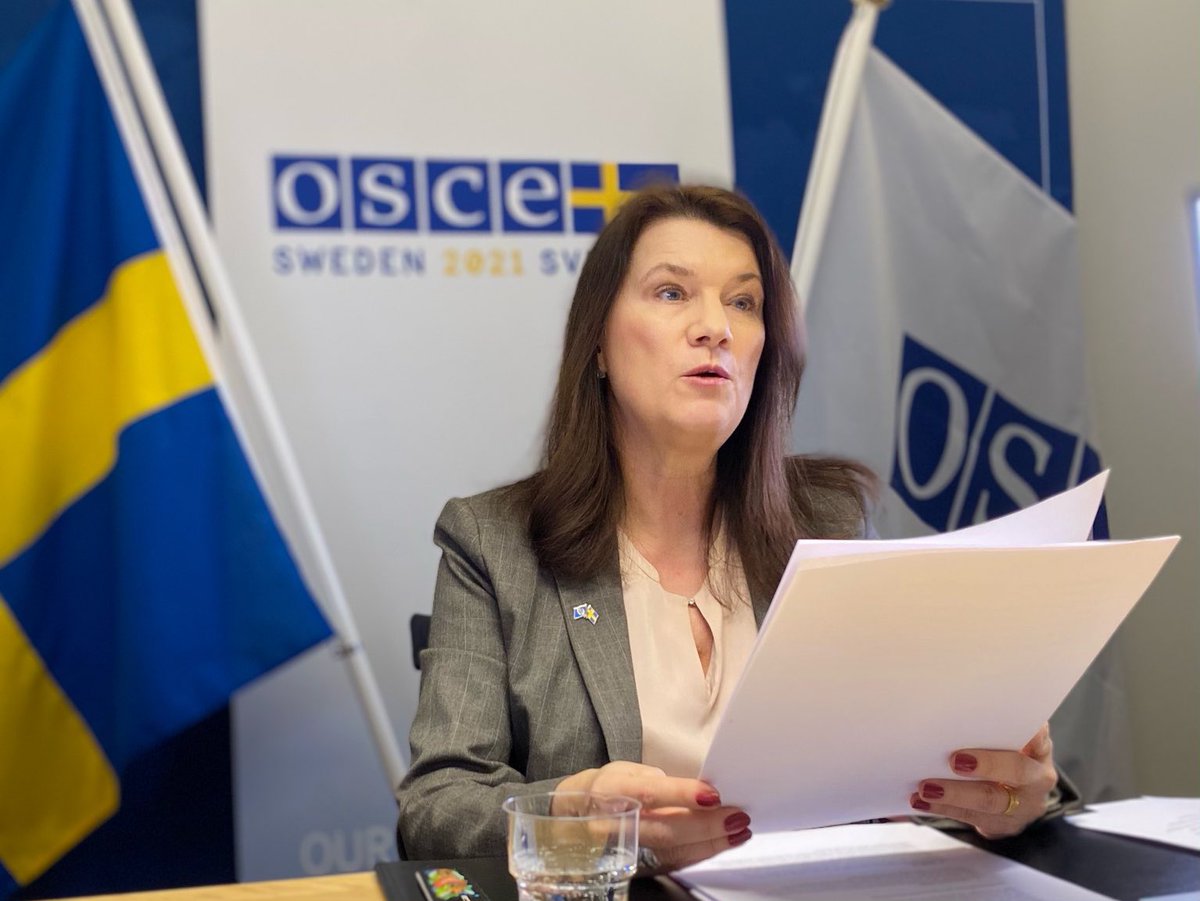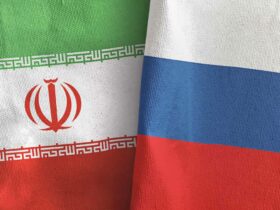The geopolitical situation in the world was expected to change after the presidential elections in the United States in November of last year. The victory of the Democratic Party, distinguished by its interventionist foreign policy, and Joe Biden’s entering the White House led to radical changes in Washington’s foreign policy.
From the moment he officially took office as the President of the United States, Biden began to issue harsh statements to countries around the world – Turkey, Russia, Iran, China and others.
Calling Russian President Vladimir Putin a “killer” and threatening to punish him for allegedly interfering in the 2016 US elections was one expression of Washington’s desire to take revenge for losing their hegemonic position.
This is not just talk, his plans are concrete plans and have specific goals. However, we must ask, why should Vladimir Putin be punished? What does he actually have to answer for?
Moscow’s interference in the US elections is a formal excuse and has nothing to do with Washington’s actual motivation. The truth is that Russia’s growing influence in the world during Donald Trump’s presidency is what worries Biden. The United States has failed to achieve anything in Ukraine, remains indigent over Turkey and Russia’s role in the 44-day war in Karabakh and in response has essentially declared a cold war on both countries.
Today I want to turn your attention to the South Caucasus and talk about the end of the Karabakh conflict. After 44 days of war, the leaders of Azerbaijan, Armenia and Russia signed a tripartite agreement on November 10. If the terms of the agreement are fully complied with, lasting peace and coexistence will be achieved in the region.
However, some of the terms of the agreement have not yet been implemented, and there are forces that are trying to prevent it.
Last week during her visit to Azerbaijan and the South Caucasus, OSCE Chairman-in-Office, Swedish Foreign Minister Ann Linde met with President Ilham Aliyev. Expressing satisfaction with the end of the war in Karabakh, Linde then visited Armenia and where she made completely different statements. Linde also met the so-called “Foreign Minister” David Babayan, a remnant of the separatist regime in Karabakh. The meeting was attended by Personal Representative of the OSCE Chairman-in-Office Andrzej Kasprzyk, as well as the “permanent representative” of the so-called regime in Armenia, Sergei Gazaryan.
A US attempt to provoke Russian peacekeepers
Linde’s move is an attempt to exceed the limits of her authority as OSCE chair, a gross violation of international law, and an attempt to re-ignite the conflict. Linde quite explicitly struck a blow to the long-term peace between Azerbaijan and Armenia and the process of reconciliation between Azerbaijanis and Armenians.
The Azerbaijani Army put an end to the activities of the separatist-terrorist regime in Nagorno-Karabakh with its victory in the Great Patriotic War. Currently, there is a small remnant of the separatists in Karabakh. The region is under the control of Russian peacekeepers.
The Nagorno-Karabakh Republic has not been recognized by any state or international organization for 30 years. Influential organizations such as the UN, the OSCE, the European Union, the Council of Europe, the Organization of Islamic Cooperation, the Non-Aligned Movement have adopted resolutions and statements that unequivocally support the territorial integrity of Azerbaijan.
The conflict is over, it is now a post-war period, and discussions are underway to establish cooperation in the region. Linde knows all this.
The state and people of Azerbaijan have no confidence in the OSCE, because the Minsk Group has been mediating between official Baku and Yerevan for 30 years to resolve the Nagorno-Karabakh conflict, without solving the problem.
Given the situation, some forces want to artificially revive the Minsk Group in order to involve Azerbaijan in long-term and unnecessary negotiations and achieve some status for Karabakh. The OSCE Chairman-in-Office’s visit also serves this purpose.
A new front against the leading players in the South Caucasus
It is possible that Linde wants to encourage the Armenians or incite them again by meeting with a representative of the so-called regime, but these attempts are in vain. Azerbaijan has put an end to the Armenian occupation, ensured its territorial integrity, dealt a deadly blow to Armenian fascism, and created new realities in the world and in the region.
The reality is that the United States no longer has any influence in the region. Today, three countries are leading players in the South Caucasus – Russia, Turkey and Azerbaijan. All political, economic and other issues are resolved by the will of authorities in Moscow, Baku and Ankara.
The region can be considered a loss for Washington. That is why the Joe Biden administration is ramping up its aggression towards Turkey and Russia. Biden wants to punish Putin for his lost prestige in the South Caucasus.
The last piece of the puzzle – Azerbaijan
Biden is trying to pursue a different policy with Armenia and Azerbaijan. By openly supporting Nikol Pashinyan’s government in Armenia, Washington is trying to reduce Russia’s influence in the region. On the other hand, it is trying to establish good relations with official Baku. It is no coincidence that Joe Biden, who sent a letter to Ilham Aliyev on the occasion of Novruz Holiday, openly expressed his interest in establishing friendly relations with Azerbaijan.
The next target of the United States, which has been able to influence Georgia and Armenia in the South Caucasus, is Azerbaijan. But this will be a difficult mission. It does not seem possible today for Washington to influence Azerbaijan, which has resolved the Karabakh conflict and continues to pursue an independent policy. Taking action would likely require the start of a new war. Azerbaijan is the only country in the region that is not under the influence of the United States, and thus serves as an ideal potential target.

















Leave a Reply